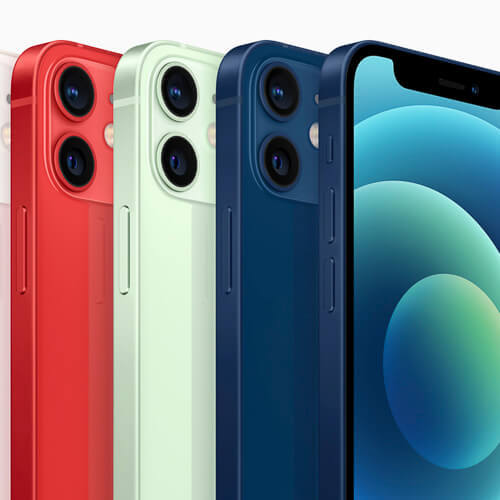
Ericsson is fed up with what it sees as the use of unfair tactics by Apple to avoid paying royalties for the use of baseline 5G technologies.
The Sweden-based vendor has now filed a lawsuit at a Texas federal court and wants a judge to rule that it is prepared to grant licenses to its essential patents on terms that are fair, reasonable and non-discriminatory (FRAND).
Figure 1:  Call them out: Ericsson is back in court over Apple's persistent unwillingness to pay for 5G patents.
Call them out: Ericsson is back in court over Apple's persistent unwillingness to pay for 5G patents.
(Source: Apple)
If you want to see the lawsuit in more detail, it is filed under Ericsson Inc. v. Apple Inc., 21-376, US District Court for the Eastern District of Texas (Marshall).
Patents standoff
As explained by Ericsson, Apple is the largest smartphone manufacturer in the United States and requires a license to Ericsson's essential patents.
Apple first licensed Ericsson's 2G and 3G essential patents in 2008 when it released the first iPhone. In 2015, Apple and Ericsson signed another license covering both parties' patents related to the 2G, 3G and 4G cellular standards. As Bloomberg points out, this license was signed only after protracted litigation.
According to Ericsson, Apple then filed a "surprise suit" challenging the validity of seven Ericsson patents and demanding that Ericsson provide proof for every single patent it claimed was part of an industry standard.
Cue some outrage from the Swedish supplier.
Want to know more about 5G? Check out our dedicated 5G content channel here on
Light Reading.
"Despite receiving substantial revenues from its sales of iPhones and other cellular devices, Apple has historically resisted licensing overtures by Ericsson, and other essential patent holders, as part of a global strategy to devalue standard essential patents and reduce Apple's royalty payments" was Ericsson's somewhat acerbic assessment of the situation.
The vendor added that Apple has accused essential patent holders of "hold up," which it said Apple characterizes as "essential patent holders concealing their licensing terms from the industry until the standard is frozen, then using that 'lock in' to obtain supra-FRAND royalty rates from the industry."
Bloomberg also noted that Apple, which reported $232 billion in revenue and $74 billion in net income in the nine months ended June 26, has a history of high-stakes litigation as part of licensing negotiations, particularly with companies like Ericsson, Nokia and Qualcomm.
Ericsson said it has publicly announced its royalty rates for 5G technology to smartphone makers, but Apple has argued that the rate does not meet Ericsson's obligations.
"Apple's allegations of breach threaten Ericsson's reputation and business," Ericsson said.
Related posts:
— Anne Morris, contributing editor, special to Light Reading
Read more about:
EuropeAbout the Author(s)
You May Also Like


.jpg?width=300&auto=webp&quality=80&disable=upscale)









